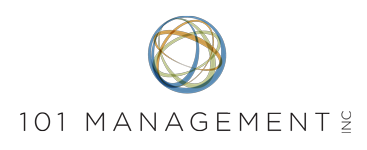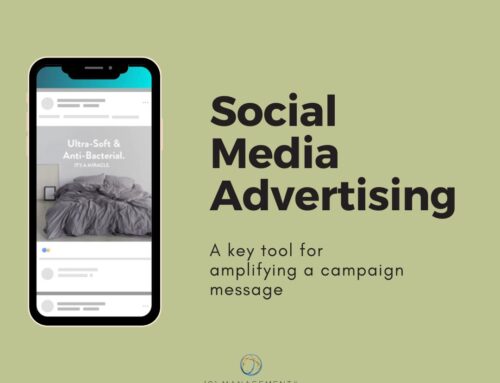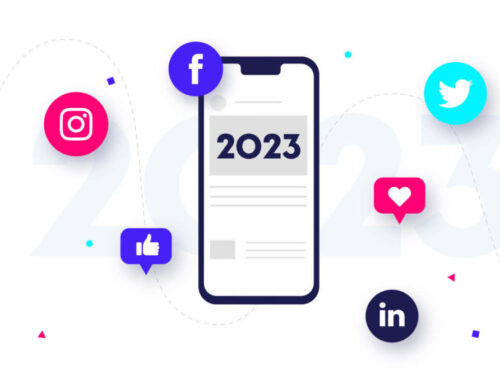As the coronavirus pandemic has continued to spread, it’s affecting every business in ways large and small. Fortunately, Congress last month passed a $2 trillion relief package to help individuals and businesses withstand the economic fallout.
Below we’ve summarized the highlights of the bill for you, officially known as the Coronavirus Aid, Relief, and Security (CARES) Act, and let you know how it can help your business.
Paycheck Protection Program
This is the heart of the package for those who own small businesses. It is called the Paycheck Protection Program because its goal is to incentivize small businesses to keep their employees on the payroll. This not only helps them maintain a steady income (along with health insurance if the employer provides it) but relieves the strain on the states’ unemployment budgets.
According to the U.S. Small Business Administration (SBA), the program is designed to provide a direct incentive for small businesses to keep their workers on payroll by providing each small business a loan up to $10 million for payroll and certain other expenses. The first loan payment will be due in six months, with the full amount due in two years.
If all employees are kept on the payroll for eight weeks, the SBA will forgive the portion of the loans used for payroll, rent, mortgage interest, or utilities. Up to 100 percent of the loan is forgivable. If you are forced to lay off employees, you may still be eligible for loan forgiveness in the future if you can eventually hire them back.
Businesses eligible for this program include those with 500 or fewer employees who are:
- eligible non-profits
- Veterans organizations
- Tribal concerns
- sole proprietorships
- self-employed individuals
- independent contractors described in the Small Business Act
In addition, businesses in certain industries with more than 500 employees may apply if they meet the SBA’s size standards for those industries.
To receive a loan, your business must have been in business as of February 15th. The difference between these loans and those typically obtained through the SBA is that the Paycheck Protection loans are available through local lenders, thus reducing the amount of paperwork as well as the time it usually takes to obtain an SBA loan, such as disaster relief loans.
“Right now our focus is on speed in terms of making sure these banks have the ability to get loans onto main street quickly.”
Tom Sullivan, vice president of small business policy at the U.S. Chamber of Commerce, told The Washington Post the above statement. The Chamber is a lobbying group that is working with lenders who will be distributing the funds.
To apply, check with your bank to find out whether it is an SBA-approved lender. If it isn’t, the SBA website has a list of lenders available here: https://www.sba.gov/funding-programs/loans.
Tax cuts, deferrals
In addition to the Paycheck Protection Program, the CARES Act also increases to 50 percent of the amount companies can deduct from their interest. It also increases companies’ ability to deduct losses against taxable income, as well as providing greater ability to delay the payroll taxes employers pay on wages. Check with your tax advisor for more details.
Other assistance programs
Besides the aid provided by the CARES Act, there are other avenues of assistance available to small businesses.
The SBA also has available such programs as:
- COVID-19 Economic Injury Disaster Loans
- the SBA Debt Relief program
- SBA Express Bridge Loans
Find out more about these here: https://www.sba.gov/page/coronavirus-covid-19-small-business-guidance-loan-resources. You can also reach the SBA by email at answerdesk@sba.gov or by phone at 1-800-827-5722.
In addition, other states and cities around the country are stepping up to provide financial relief to businesses hard-hit in their communities. Florida, Kansas, Louisiana, Washington state, and Maryland have all created relief packages to offset the financial impact of the coronavirus, as have such cities as San Francisco, San Jose, and New York City. Look for other states and localities to follow suit.
The bottom line is, unlike with the Great Recession of 2008-9, everyone is feeling the effects of this unprecedented crisis, and all levels of government are taking steps to reduce the impact on businesses and individuals as much as possible. So it’s important that you don’t feel you’re alone in the difficulties you are facing.
Meanwhile, if we can assist your business in any way, remember that we have experts standing by who can help you with search engine optimization (SEO), social media management, website design, updating, and development, advertising and marketing, branding and design, and content creation. Let us know how we can help!










Leave A Comment